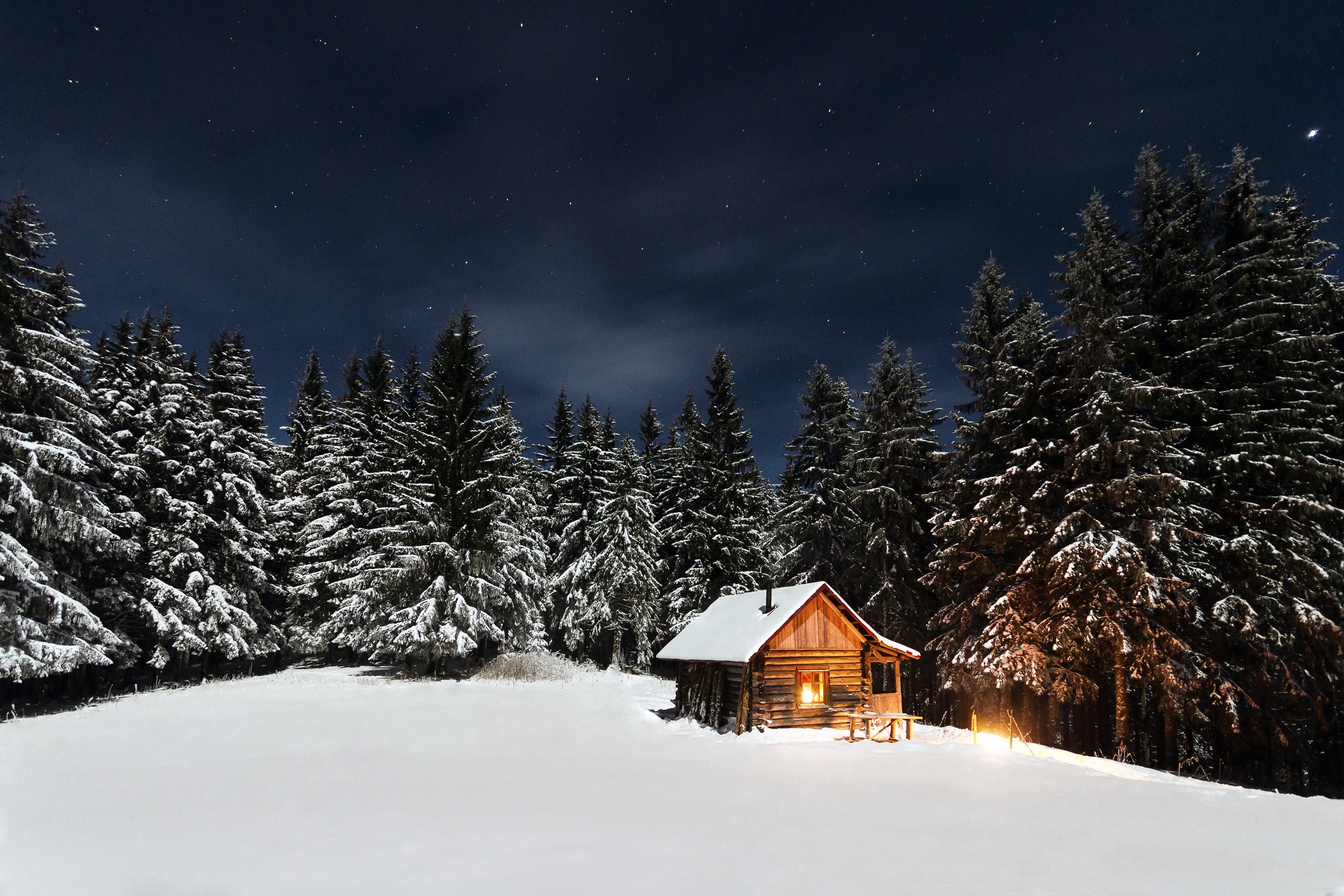
‘Place’ in fiction is not only about setting; it can also inform and be reflected in character, plot, theme, atmosphere, voice, language. A strong sense of place helps readers to make the imaginative leap into another world, whether that world is in the past, present or future.
Immerse yourself
Before you can create a sense of place on the page, you need to immerse yourself in the world you’re writing about so that it comes alive for you. Ways of doing this include wide reading, research, travel, recollection, observation, imagination.
Research might lead you into archives and libraries, have you poring over books and maps and diaries, searching the net, visiting cemeteries and museums, walking streets and shores. If you have direct experience of a place, or somewhere similar, you have a well of impressions to draw on. If you don’t, look for resources that involve the rendering of other people’s direct experience: film, photographs, artworks, oral history, newspapers, memoir, social history.
Throughout, ask yourself: What does it feel like to be in this place? And then ask: How do my characters feel in this place?
Use the senses
Consider all the senses: sight, sound, smell, touch and taste. Most writers fall very naturally into visual description, but the other senses have as much, perhaps more, potential to engage a reader’s sense of being there. The opening (very long!) paragraph of Patrick Süskind’s novel Perfume is an example of a physical, temporal place (18th-century Paris) being evoked through the sense of smell alone.
In Elemental, my character Meggie’s recollection of her childhood home—a small fishing village in early 20th-century north-east Scotland—foregrounds the sensory aspects of memory:
I am seeing with the eye of a bird. There’s a coastline, there are canvas sails, wee boats painted blue. Coming in closer, the boatie shore, the long stony sweep of it, and the soles of my feet are tingling. Everywhere, skinny children, barefoot on the shingle…The wind is a howl the likes of which I have never heard since. And in the air, a sea tang, fresh and sharp and rotten all at once, spiced up with old bait, fish guts, plumes from chimneys where the fish are hung to dry and smoke.
Be specific
Choose the specific details of place rather than general descriptors. Readers tend to skim past generalities like ‘birds’, whereas ‘puffins’, ‘solan geese’ and ‘kookaburras’ have specific associations and actively contribute to a sense of place forming in a reader’s mind. They are also a form of linguistic shorthand, carrying information as well as imagery, enabling a reader to access prior knowledge such as the shape of a bird, the cry it makes, how it flies, what it eats, where it nests.
Similarly, ‘She heard him humming a tune’ is mere statement, but ‘She heard him humming “Stop Yer Tickling, Jock”’ (a vaudevillian song by Harry Lauder of early 20th-century Scotland) tells us something about place, time and character.
Pay attention to dialogue
The use of dialogue distinctive to a particular place—patterns of speech, dialect words, endearments, expletives, elisions, colloquialisms—can enhance a sense of that place. But take care that you don’t make your dialogue distracting or difficult to read in the process. The conventional wisdom is to be sparing in the use of unfamiliar words, phrases and syntax so that you give a flavour of place without alienating readers or obfuscating meaning.
In Elemental, where Meggie’s childhood world is the north-east coast of Scotland, I wanted to honour the Doric dialect and, where possible, to use words or phrases in such a way that their meaning could be inferred through context. For example, while the phrase ‘have a jamaica’ might not be familiar to a reader, I hoped they would understand it when Mackie’s Peter says to Meggie: There’ll be no fishing on the Lily Maud now, not for a wee while. Your da’ll just about have a jamaica when he hears.
Look up!
I’m strongly influenced by skyscapes, and there are many ways the sky can be used metaphorically or imagistically in fiction—as messenger, mirror, portent, signal… What does the glimpse of a sliver of moon caught in a densely starless sky represent for your character? How might the shape and texture of clouds mirror inner states of being?
Skies are often associated with place—for example, through colour or atmospheric elements, constellations or position of the sun. In Elemental, I used the colour of the sky to contrast Meggie’s perceptions of the ‘new world’ (Australia) with the old (Scotland), but also to subvert the stereotype of blue sky as benign:
Ask: How do my characters feel in this place?
Of all the memories I have of arriving, finally, in this stranger-place, the furthest place on earth from the cold north, it is this one, lambsie, this memory that is the strongest, the brightest, the one to catch my breath even now when I think of it. Wasn’t just that the sky was blue but that there was so much of it. A blue that began at the horizon and went on forever, deeper here, brighter there, but all blue, unbroken. I did not think of the word relentless then. Later, when I knew what blue could be, when I’d felt its heat, the jangle and glare of it—aye, then I did. But we arrived when summer had passed, and it was a while before I met this other blue.
Writers develop their own ways of bringing place alive. I hope you’ve found something that resonates with you in my five.






